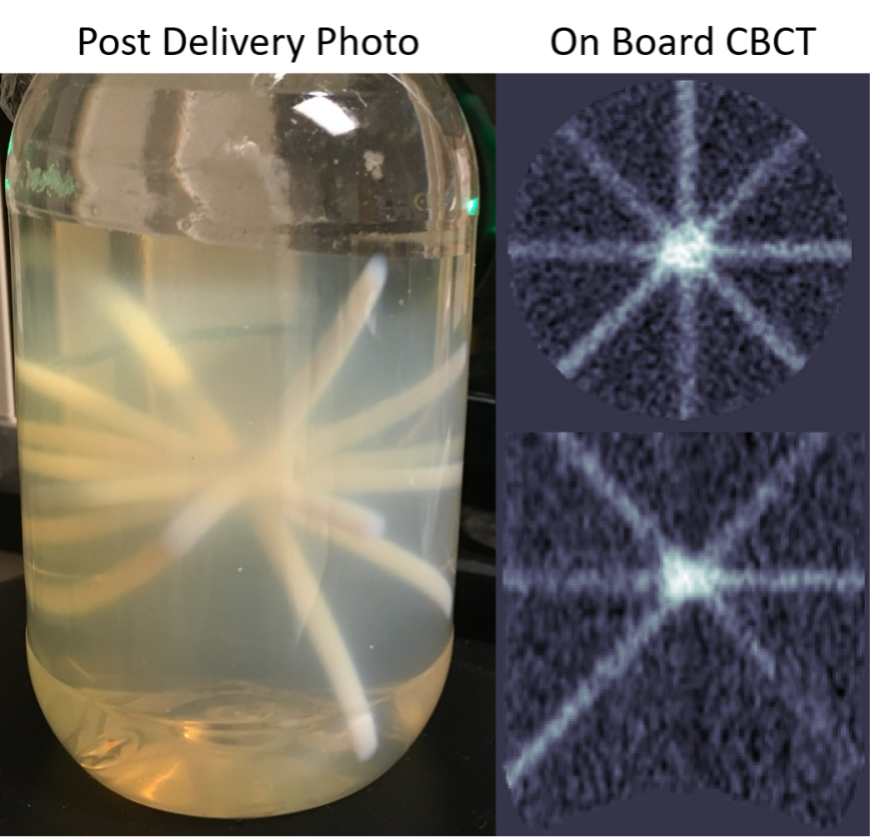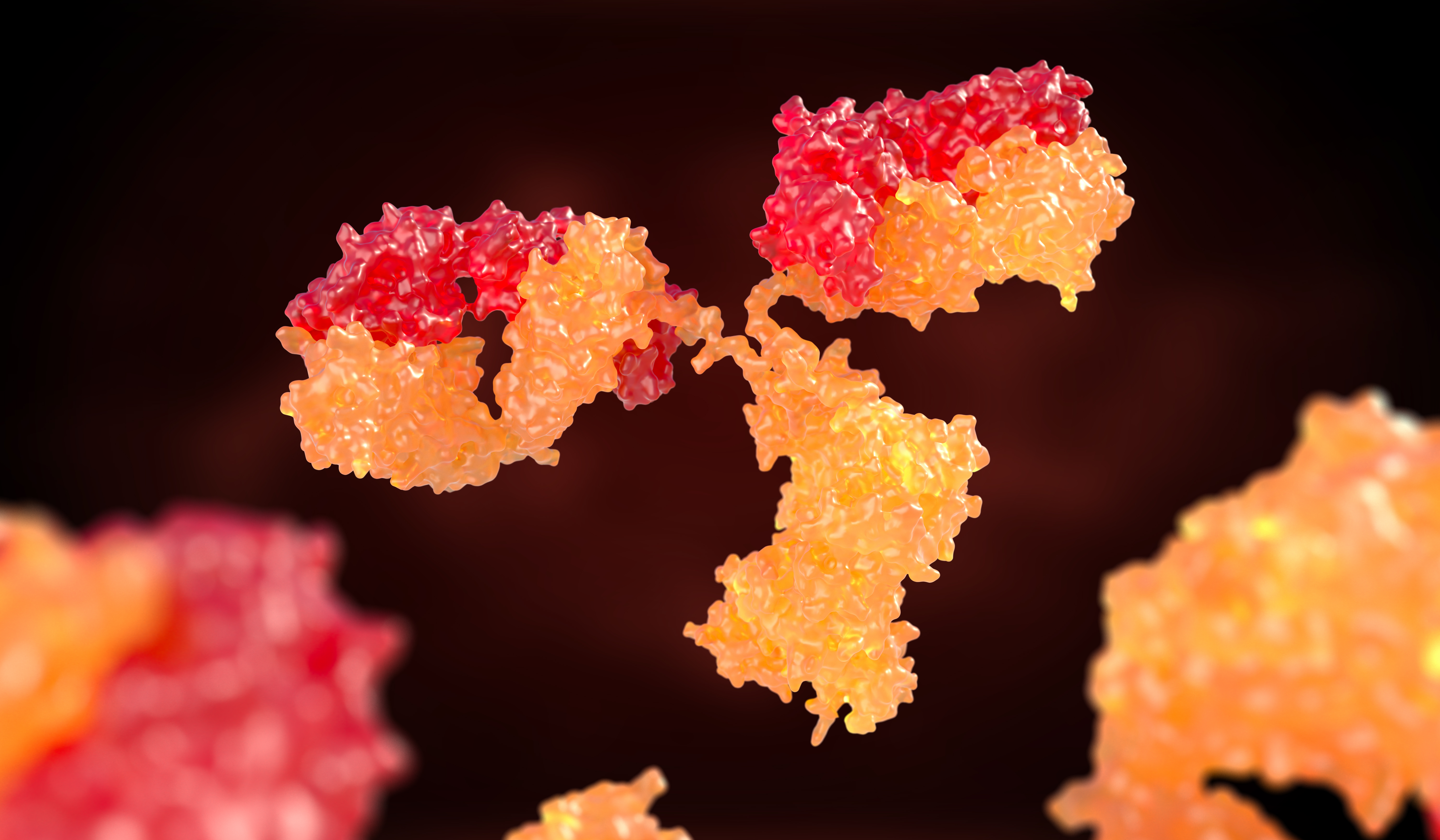- Agriculture
- Antibiotic/anti-viral
- Biologics
- Biomarkers
-
By Clinical Application
- Anesthesiology
- Blood & Lymphatic Disease
- CNS & Neurosciences
- Dermatology
- Diabetes, Metabolism, Endocrinology & Obesity
- Ear, Nose, & Throat
- Emergency Services
- Gastroenterology & Digestive Disease
- General & Plastic Surgery
- Health Education, Medical Training and Operations
- Heart and Vascular
- Immunology, Autoimmune & Inflammation
- Infectious Diseases
- Mental Health
- Multiple clinical applications
- Musculoskeletal Disorders, Orthopedics/Bone
- Nephrology/Renal
- Oncology x
- Ophthalmology
- Orphan Diseases
- Pediatrics
- Physical Medicine & Rehabilitation
- Radiology
- Regenerative Medicine / Tissue Engineering
- Reproductive Health: Obstetrics & Gynecology
- Respiratory & Pulmonary
- Surgery
- Transplantation
- Urology
- Wound Healing
- COVID-19
- Creative Works
- Diagnostics
- Drug Delivery
- Drug screening and discovery
- Energy, Cleantech & Environmental
- Engineering & Physical Sciences
- Gene therapy
- Imaging
- Materials
- Medical Devices
- Nutraceuticals
- Other
- Research & Design Tools
- RNAi/siRNA
- Sensors & Controls
- Small molecules
- Software & Information Technology
- Stem Cells
- Vaccines
- Veterinary Medicine
New small molecules targeting castration-resistant prostate cancer
Unmet Need Prostate cancer (PC) is the second most common male cancer globally and represents 15% of all cancers diagnosed in males. An estimated 34,700 deaths were predicted to occur from PC in the U.S.…
Revolutionary inhibitor target for enhanced immune response against breast cancer relapse
Unmet Need In the US, it is estimated that 1 in 8 women will develop breast cancer, of which 78% are estrogen receptor-positive (ER+) cases. These ER+ breast cancers are known for their risk of…
Therapy for neurotensin positive cancers
Unmet Need Under normal conditions, neurotensin signaling is largely constrained to the nervous system. However, abnormal expression is seen in cancers that are aggressive or have a poor prognosis such as pancreatic, which has a12.5%…
Adoptive T-cell immunotherapy to treat cancer caused by Epstein-Barr virus
Unmet Need Epstein-Barr virus (EBV) is an infectious disease that has been shown to cause a number of cancers originating from EBV-afflicted cells. Across the globe, EBV is associated with approximately 200,000 cases of malignancies…
Anti-LYPD3 CAR T-cell therapy for the treatment of squamous cell carcinoma
Unmet Need Chimeric Antigen Receptor (CAR) T-cell therapy, a form of immunotherapy, has proven highly effective against blood cancers such as leukemias and lymphomas. This therapy uses T-cells that are genetically engineering ex vivo to…
A computer vision approach for molecular subtyping of breast cancer using MRI
Unmet Need Breast cancer is the second leading cause of cancer-related deaths in American women and the fourth most common cause of all cancer-related deaths in the U.S. While early screening for cancer using magnetic…
A highly sensitive next-generation sequencing technique for detecting cancerous mutations
Unmet Need Next-generation sequencing (NGS) methods have been widely adopted for both biological discovery and diagnostics in cancer patient care. In particular, the identification of new mutations or groups thereof arising within oncogenic pathways across…
RXR modulators to improve the efficacy of immunomodulatory agents in multiple myeloma treatment
Unmet Need Multiple myeloma (MM) is the second most common hematological malignancy in the United States. Although current anti-myeloma therapeutics help patients live with the disease for more than 10 years, MM remains an incurable…
Olfactory neuroblastoma mouse model
Unmet Need Olfactory neuroblasoma (ONB) is an agressive tumor that is thought to arise in basal stem cells in the adult olfactory epithelium. This rare cancer affects 1 in 2.5 million people each year with…
Pancreatic cancer treatment that inhibits the Piezo1/TRPV4 axis
Unmet Need Pancreatic cancer has one of the highest mortality rates of all cancer types in the US. The American Cancer Society predicts that about 64,000 people will be diagnosed with pancreatic cancer and 55,000…
A method for end-to-end spatial accuracy quality assurance for radiosurgery
Unmet Need Radiation therapy is an essential element of cancer treatment that benefits 4 million diagnosed patients every year. The ability to deliver complex three-dimensional distributions of dose that conform to even irregularly shaped lesions…
T-cell releasing antibody for breast cancer tumor metastasis prevention
Unmet Need Metastatic breast cancer is a deadly form of breast cancer with only 1/3 of patients diagnosed with it living to 5 years post-diagnosis. Metastasis can occur either at disease onset (6% of patients)…









